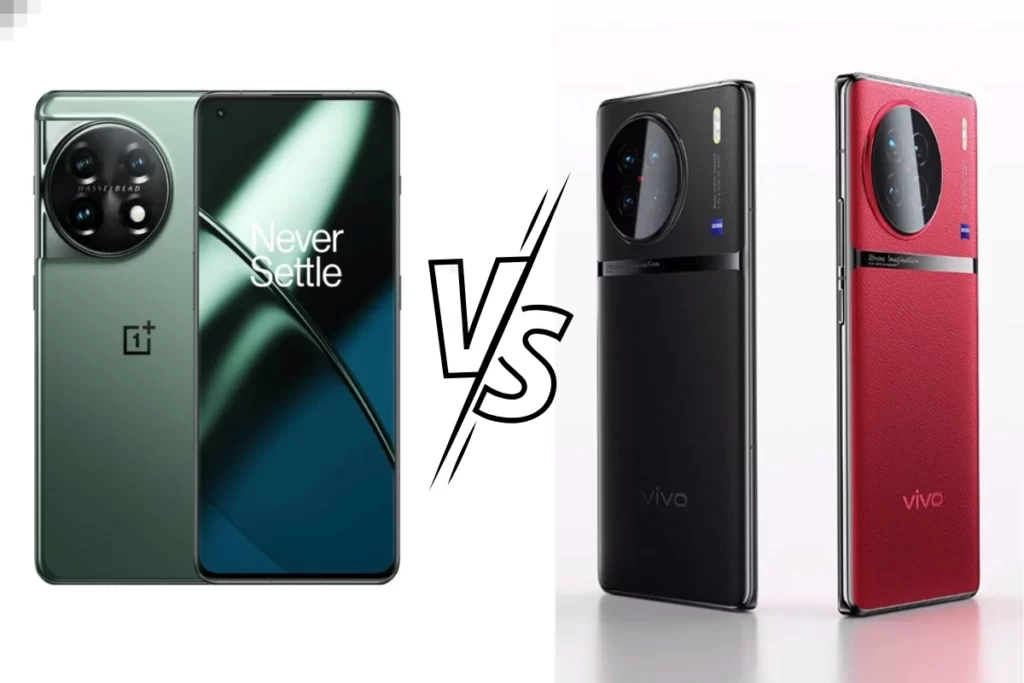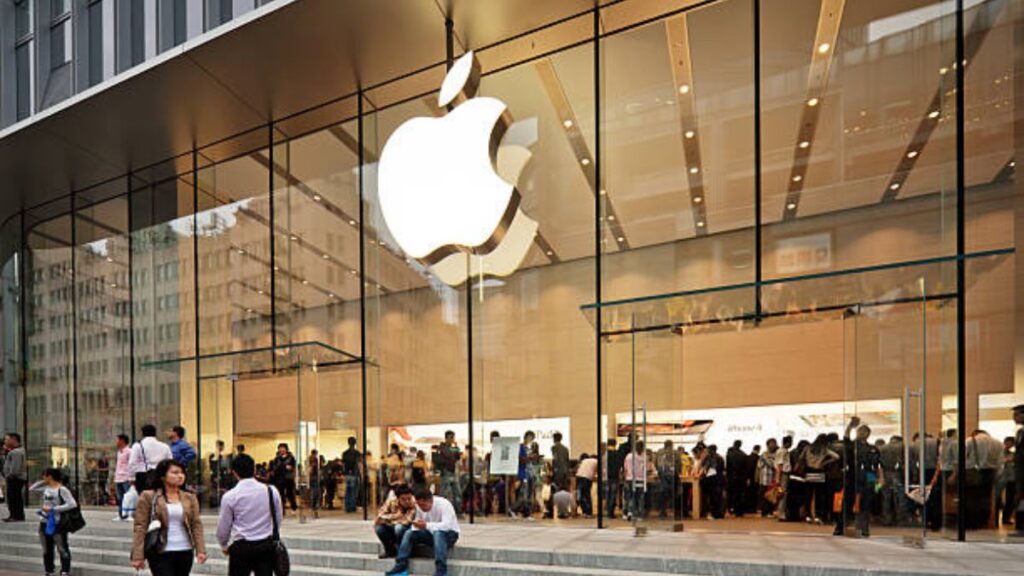A state judge on Friday issued a long-awaited ruling in the legal battle for the maker of Fortnite and Epic Games with Apple over its App Store policies.
Both sides use the 185-page decision to duplicate themselves, which is possible because the details are complex.
If there is, however, Apple and Google have managed to get a few winnings, but no one is getting what they want.
U.S. Regional Judge Yvonne Gonzalez Rogers said Apple broke the law by forcing people to pay for apps and in-app features through the App Store, where it usually takes a 30% payout rate as a commission.
Gonzalez Rogers told Apple to relax and introduce other payment options, within 90 days. That will please Apple, but it is far from what Epic wants.
For Apple, Gonzalez Rogers has hailed the design of the App Store as the official, major tech giant victory. He also said that Apple has no legal basis on how engineers can use mobile game payments, which has been applauded by Apple.
“It’s a divided decision,” said Mark Lemley, a Stanford Law School professor who specializes in fraud prevention and technology issues. “It will improve competitiveness at the end, but it is not the fundamental change Epic and anti-trust lawyers could expect.”
OK. But what does this mean for people who buy apps for their iPhones and iPads?
It means that if you pay, say, a Spotify subscription to your iPhone, or a cool new outfit for your avatar in the Roblox mobile version, you may have the opportunity to pay with Spotify or Roblox programs.
Apple long barred app developers from offering these alternative payment methods. Gonzalez Rogers has decided that Apple should hide information from consumers and limit choice. That is not permitted under California competition laws.
Will this make apps and in-app items cheaper?
It is possible. While Epic violated Apple’s rules and allowed people to buy Fortnite bills through its program, it offered a 30% discount, because there was no Apple tax involved.
If developers are no longer forced to use Apple’s payment system – and can avoid a 30% commission – they can lower their prices. Or they may simply be saving money.
Will there be a noticeable change in the downloaded apps from the App Store?
It is possible. You may see a new button on some of your favorite apps that allow you to purchase items with the developer payment system, for example. Or, there may be a link within the app that directs customers to complete a payment in the browser. No matter what it looks like, Apple only controls what critics call a “paid site” in the App Store will no longer exist.
The grievance process may cause delays, so do not expect any changes in the near future.
Is Apple’s 30% Commission leaving?
No, but Apple may choose to lower the standard, and for some developers, it has.
Epic Games is looking at Apple’s take on excessive “excessive” purchases and exploitation of power in its market. The judge did not fully purchase the item.
Yvonne-Gonzalez was skeptical of 30% of the costs during the trial, and in the decision she criticized Apple’s pardon, writing that “30% are not bound by anything in particular and can be changed,” but did not instruct Apple to do so.
He noted that while Epic chose to target Apple (and Google) over the money, it seemed absurd when you consider that Nintendo’s switchch, Microsoft Xbox and Sony’s PlayStation all cost the same cut in game sales.
“Antitrust law does not allow you to complain that prices are too high,” said Lemford of Stanford. “You have to show that a certain type of behavior hinders competition.”
A separate Epic lawsuit filed against Google is scheduled for trial this year.
So, why is this such a huge blow to Apple?
Apple’s App Store, and the commission that critics call the “Apple tax” is just one aspect of the tech giant’s empire.
But developers’ complaints about feeling mistreated and getting a raw deal on the App Store have grown significantly in recent years. South Korea recently banned Apple and Google from forcing engineers to use its payment system.
Congress has introduced legislation to regulate major App Store policies.
Friday’s ruling from the U.S. District Judge Yvonne Gonzalez Rogers can make the most significant change right now in the multi-billion dollar mobile economy.
Although it did not come the way Epic Games hoped, it set a stumbling block for the powerful Apple building and kept track of apps running on iPhones and iPads.
“So far Apple has received approval for the Big Tech antitrust research a few years ago, but that means that will not continue,” Lemley said. “Apple’s control over what goes on the phone and at what price can be difficult for Apple to keep.”
Both Apple and Epic Games have reached a decision and both are likely to appeal the decision. Huh?
Apple is expected to challenge Gonzalez Rogers’ determination to break the law by blocking other payment methods, known as “anti-regulatory arrangements.” Have you ever wondered why Netflix makes you visit its website to subscribe to iPhones and iPads? That’s why. It wanted to avoid Apple’s commission.
Epic was unhappy with the judge’s decision that Apple is not an independent regulator because it has competitors in its definition of a “fair market” – the world’s $ 100 billion digital trading platform.
In cases of dishonesty, the term “fair market” is significant. Legitimate: what specific part of the economy are we talking about?
Gonzalez Rogers said the fight was not about how to distribute digital video games, as Epic put it, but about how digital video payments were made.
And in that market, which includes gambling other than iPhones and iPads, the judge said there was a lot of competition, so Apple is not independent.
Epic is expected to try to convince the appellate court that the judge misjudged that.



